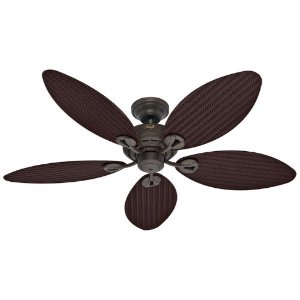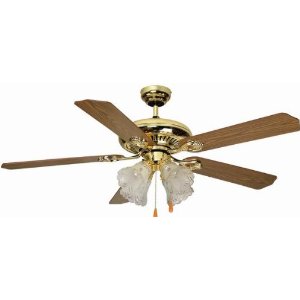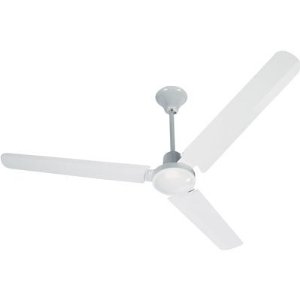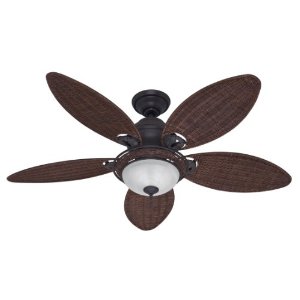Ceiling Fan Buzzing Noises
A ceiling fan can make a buzzing noise for multiple reasons. Recently, we have a user come and ask the following question. "When I turn my ceiling fan on, my PC speakers in the other room tend to make a buzzing noise. Do you have any idea why I am getting this buzzing noise through my PC speakers?"
Likely what is happening in this case is both the PC speakers and the ceiling fan are operating on the same circuit. Interference from the ceiling fan is causing the PC speakers to buzz. This can also happen if you have stereo speakers or an amplifier hooked up to the same circuit as the ceiling lights.
In order to avoid this buzzing, the best method is to hook the speakers up to a different circuit to the ceiling fan or the light. If this is not an available option for you, the only other option is to rip the wiring out of your wall and re-wire the whole circuit. We don't really recommend the last option.
Root cause of the buzzing noise - Electro Magnetic Interference (EMI)
The root cause of the buzzing noises is actually a phenomenom called EMI, or Electro Magnetic Interference. EMI is produced by all electrical devices known to man. Computers, lights, ceiling fans - any device that uses an electrical current produces a small bit of EMI. Electro Magnetic Interference is also referred to as "white noise." There are many scientists and brilliant minds the world over that have dedicated their lives to the study of EMI and how it can benefit our planet. However, many believe that there is little benefit to EMI, and it actually can cause cancer by penetrating our bio-rythmic fields that are unique to each individual.
Ceiling Fan Buzzing Noises On Sale
Electrical Engineering 101

Price : $31 USD





